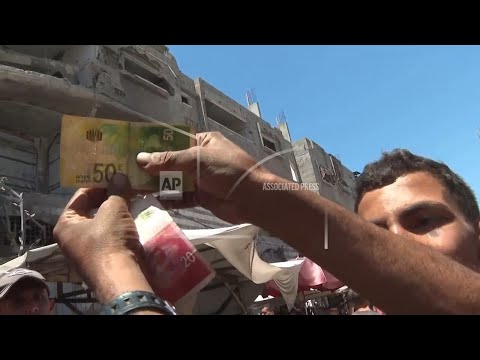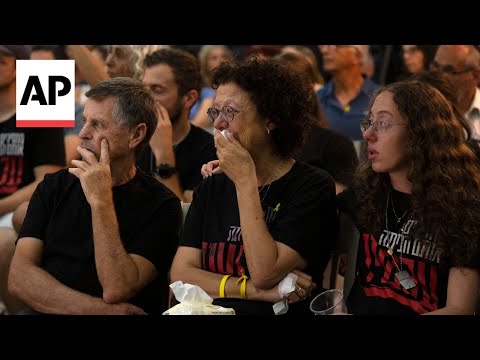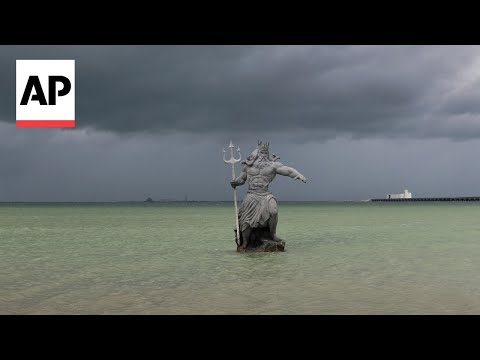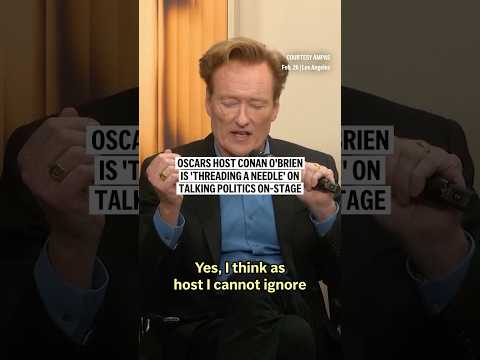(11 Jul 2025)
RESTRICTION SUMMARY:
ASSOCIATED PRESS
Gaza City, Gaza Strip – 8 July 2025
1. Various of torn money pieces used to repair torn paper notes
2. SOUNDBITE (Arabic) Ihab Hindi, paper currency repairman:
++PART OVERLAID BY SHOTS 1, 3++
"In light of the war on the Gaza Strip for more than a year and a half, with the frequent use, the paper began to deteriorate, tear, and become dirty, and pieces of it were missing. We are trying as much as possible to repair it so that it can be used in the market, due to the lack of cash in the Gaza Strip due to the closure of the crossings and the closure of the banks."
3. Various of man repairing torn paper currencies
4. People walking in the market
5. Various of vegetable stalls
6. Various of woman paying with coins
7. SOUNDBITE (Arabic) Khitam Hamdan, resident from Gaza City:
++PART OVERLAID BY SHOTS 5, 6, 8++
"The prices are very high, we are unable to bear the commission, or deal in twenty or fifty shekels, how will we live? Our life is very difficult, in dealing with merchants, 100 shekels is not enough to buy anything, and I wish they would accept it, either they say it is torn, stuck, spoiled or to bring another one. There is no money, no cash, no change."
8. Various of people showing torn paper notes
STORYLINE:
Cash is the lifeblood of the Gaza Strip’s shattered economy, and like all other necessities in this war-torn territory — food, fuel, medicine — it is in extremely short supply.
With nearly every bank branch and ATM inoperable, people have become reliant on an unrestrained network of powerful cash brokers to get money for daily expenses – and commissions on those transactions have soared to about 40%.
"100 shekels is not enough to buy anything, and I wish they (merchants) would accept it, either they say it is torn, stuck, spoiled or to bring another one," said Khitam Hamdan, from Gaza City. "There is no money, no cash, no change."
At a time of surging inflation, high unemployment and dwindling savings, the scarcity of cash has magnified the financial squeeze on families — some of whom have begun to sell their possessions to buy essential goods.
The cash that is available has even lost some of its luster. Palestinians use the Israeli currency, the shekel, for most transactions. Yet with Israel no longer resupplying the territory with newly printed bank notes, merchants are increasingly reluctant to accept frayed bills.
Small business owners said they were under pressure to ask customers for undamaged cash because their suppliers demand pristine bills from them.
This problem has given rise to a new business in Gaza: money repair. It costs between 3 and 10 shekels ($1-$3) to mend old bank notes. But even cash repaired with tape or other means is sometimes rejected.
To curtail Hamas’ ability to purchase weapons and pay its fighters, Israel stopped allowing cash to enter Gaza at the start of the war. Around the same time, many wealthy families in Gaza withdrew their money from banks and then fled the territory. And rising fears about Gaza’s financial system prompted foreign businesses selling goods into the territory to demand cash payments.
As Gaza’s money supply dwindled and civilians’ desperation mounted, cash brokers’ commissions — around 5% at the start of the war — skyrocketed.
In 2024, inflation in Gaza surged by 230%, according to the World Bank. It dropped slightly during the ceasefire that began in January, only to shoot up again after Israel backed out of the truce in March.
AP video by Mohammad Jahjouh
Production by Wafaa Shurafa
Find out more about AP Archive: http://www.aparchive.com/HowWeWork
Twitter: https://twitter.com/AP_Archive
Facebook: https://www.facebook.com/APArchives
Instagram: https://www.instagram.com/APNews/
You can license this story through AP Archive: http://www.aparchive.com/metadata/youtube/774481a292944b2f83c4ed48d189e37a
Author: AP Archive
Go to Source
News post in July 16, 2025, 6:04 am.
Visit Our Sponsor’s:
News Post In – News





